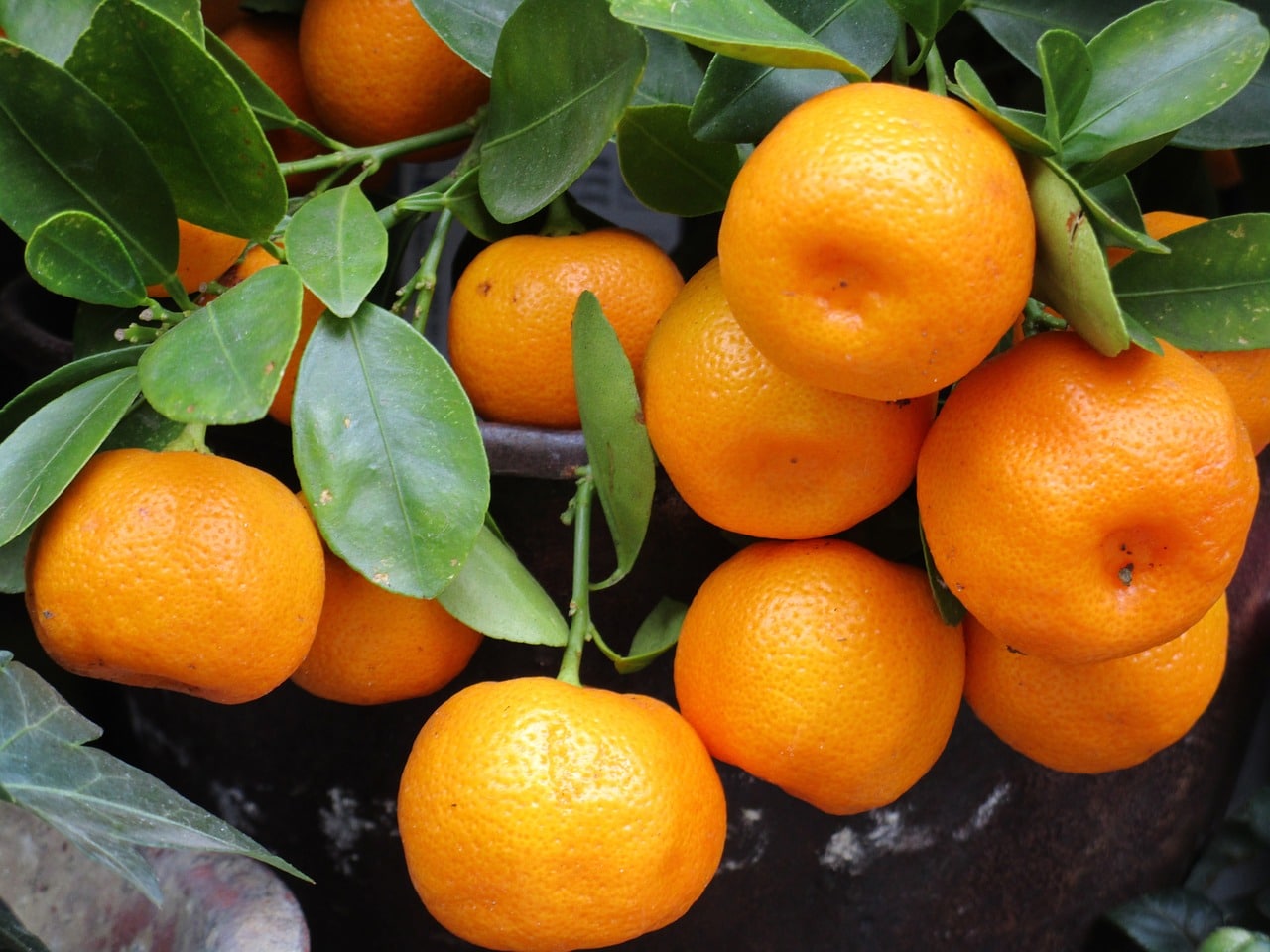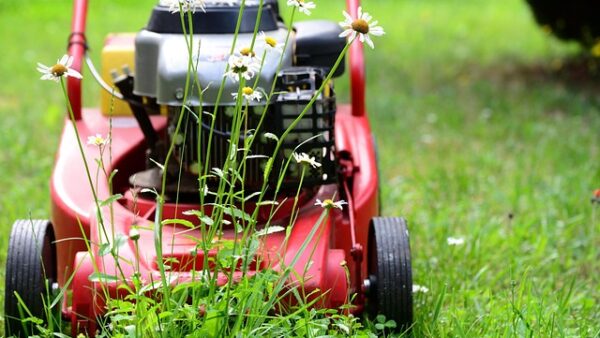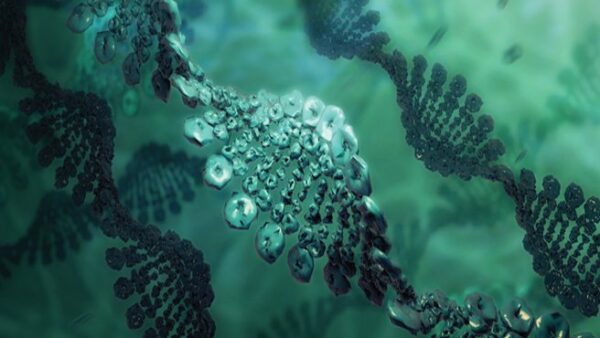The European seed sector acknowledges the ruling of the European Court of Justice (ECJ) in case C-528/16 of 25. July 2018 by which the Court interpreted the provisions of the EU’s Directive 2001/18 in such a way that plants resulting from innovative, targeted mutagenesis breeding methods are to be considered genetically modified organisms as defined by the Directive and subject to the respective regulatory provisions.
ESA considers that the consequences of this ruling present unacceptable socio-economic risks for European plant breeding, for the wider agri-food chain, for consumers and for our European environment.
The prohibitive compliance requirements of Directive 2001/18 relative to the value of agricultural crops effectively cut Europe’s breeders off from scientific progress and puts them as well as farmers, processors, traders and consumers at a competitive disadvantage to regions with more enabling regulations. Moreover, it will not allow Europe to advance the development of new, better adapted plant varieties that are both high-performing and resilient, contribute to healthy diets to mitigate the effects of climate change and innovate for a more sustainable agri-food system at the pace that is urgently needed.
ESA maintains its position that plant varieties and seeds are subject to a respected and robust regulatory regime and those developed through the latest breeding methods should not be subject to different or additional regulatory oversight if they could also be obtained through earlier breeding methods or result from spontaneous processes in nature.
We underline that this position is not only broadly shared by scientists and experts but also increasingly adopted as principle regulatory approach by countries around the world.
ESA and its members therefore commit to further engage with policy makers, stakeholders and all interested parties and work for constructive change. Our goal is to obtain practical and science-based rules for the latest breeding methods that foster public confidence and trust and effectively unlock this great potential for a high-performing, innovative and diversified European plant breeding sector and agriculture, for Europe’s consumers and its environment.












